We have been settling into life at Projects Abroad in Pacific Harbour, Fiji and enjoyed a workshop on the importance of mangroves.
Did you know that three quarters of all tropical fish species are born within mangroves?
Mangrove habitats are crucial for shelter and provide nurseries for various shark and fish species. The mangroves of Fiji are home to endangered Scalloped Hammerhead sharks, juvenile Bull and also Lemon sharks (which are classed as near threatened). Lemon sharks spend the first 7 years of their lives in mangroves. These mangrove forests can only grow in tropical regions and there are 110 species of mangrove, including some which are palm trees that live in salt locations such as beaches.
Mangroves are the main producers in the oceans and their decomposed leaf litter provides nutrients for phytoplankton to grow, which is the base of ALL ocean ecosystems. In effect, they support the entire food web which humans rely upon. Go mangroves!
If that were not enough, mangroves also provide a physical barrier against wind and waves, such as tsunami protection, and they trap sediments. By trapping sediments, they prevent coral reefs from becoming silted and ensure the fish species we rely upon have somewhere to breed. Mangroves also break down pollution from our agricultural activities and support our economy by providing productive areas for juvenile fish to flourish.
Mangrove swamps can store 50 times more carbon in their soils by area than tropical forests and 10 times more carbon than temperate forests.
These superhero mangroves are disappearing at a rate of 1% every year due to aquaculture (shrimp farms), coastal development, agriculture, unsustainable fishing and pollution and we have lost 35% of the remaining worlds mangroves since 1980.
Projects Abroad are working hard to protect the remaining mangroves and run a mangrove planting and education project on Fiji in partnership with Beqa Adventure Divers and Mangroves for Fiji – who developed a mangrove carbon offsetting programme.
Planted mangroves can be fully functional within 5-30 years and Projects Abroad Fiji have so far created four nursery areas, which have 7000 trees capacity. They also planted 30,000 mangrove plants in 2014.
The goal now is to expand the nursery areas, offset carbon emissions with local businesses and plant 100,000 mangroves in the wild.
“Mangroves are the roots of the sea”
- Our local beach
- Mangrove planting
- Mangrove propagule
- Mangroves

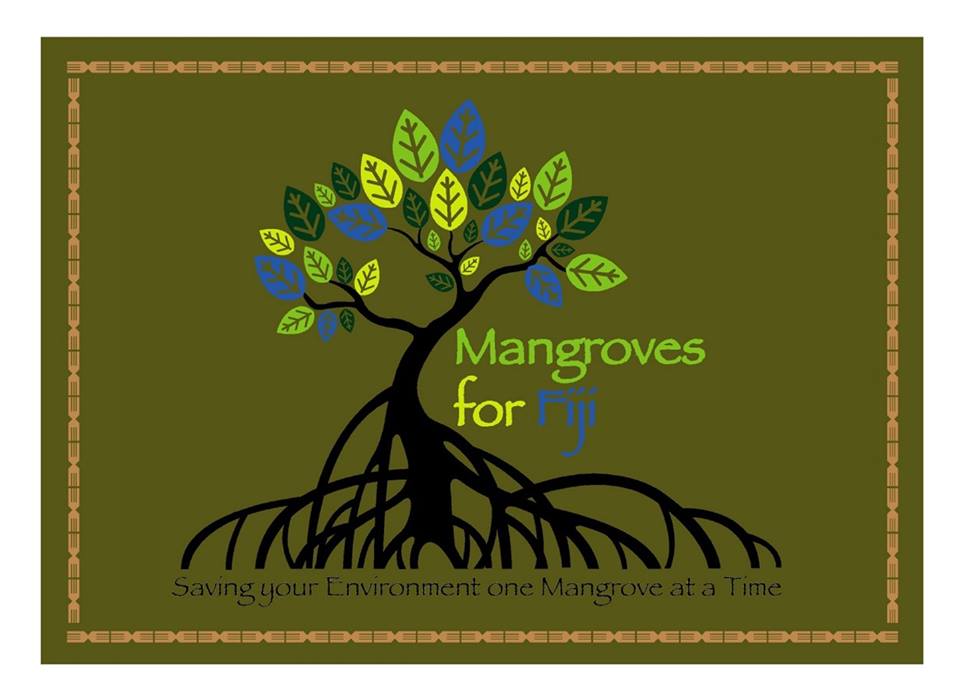
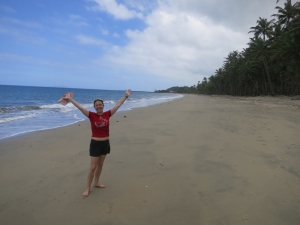
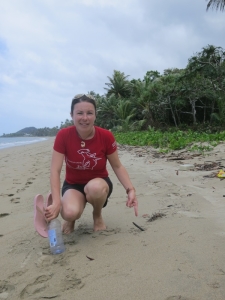
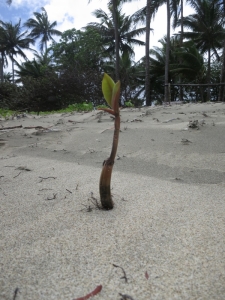
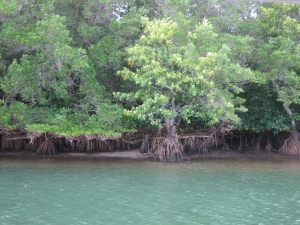

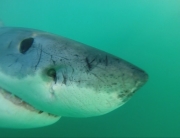
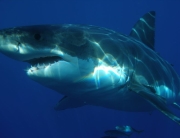
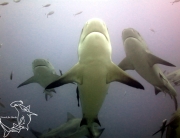
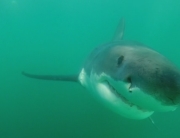










Follow Us